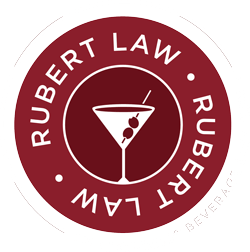It is critical that all establishments that serve alcohol have a proper liquor license in Florida. This is true for bars, clubs and restaurants, for example. There are also liquor licenses for more short-term use, such as authorizing alcohol to be sold at a festival or a business function over a few days. But regardless of the duration, the license must be obtained in advance.
This means that one of the first things a business owner needs to do is to apply for the proper license. They should never begin selling alcohol before it is granted. They also need to be very careful not to violate any of the laws that could cause this license to be suspended or revoked. For example, a business that is found knowingly selling alcohol to minors could end up losing their license to sell it to anyone.
But don’t just assume that getting a license once means that your business is in the clear. That license does need to be renewed.
Renewals happen on an annual basis
For most liquor licenses in Florida, you need to renew them annually. This applies to long-term liquor licenses, such as those used by bars and clubs. A short-term license will have its own expiration date and does not last after that date has been reached. A new license would have to be obtained.
Likewise, an establishment that already has a license will need to discontinue sales if they have not renewed that license in time to re-up it for the following year. This would still put them in violation of the law, even if they were previously granted the license and they know that the renewal will also be granted. They still have to pay the renewal fee and process the paperwork on time.
Unfortunately, some paperwork errors could cause delays and business owners may find themselves in a difficult position. They will need to know exactly what legal steps to take to protect themselves and their company.
